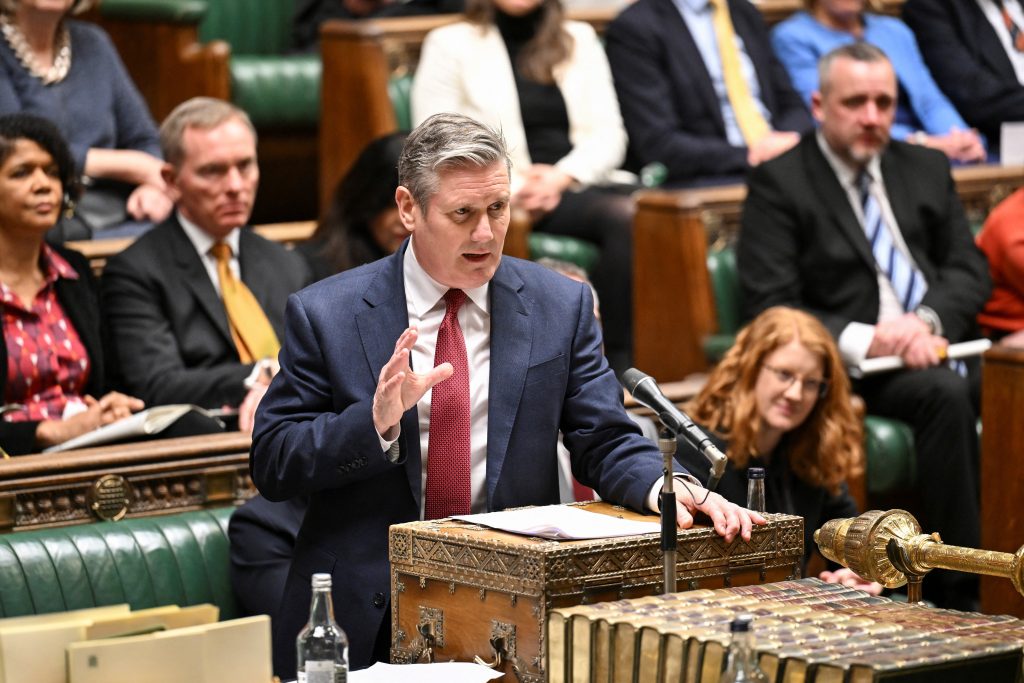The UK’s House of Commons during a crucial vote on supporting a ceasefire in Gaza, with both the government and the Scottish National Party (SNP) criticising Speaker Lindsay Hoyle for his management of proceedings.
Lawmakers from the SNP and the governing Conservative Party staged a walkout on Wednesday, seemingly in protest against the speaker’s actions.
Tensions arose in the UK parliament following Hoyle’s decision to depart from precedent by permitting a vote that aided the opposition Labour Party—widely tipped to win in an upcoming national election—in averting a significant rebellion within its ranks over its stance on Israel’s conflict with Gaza.
The parliamentary debate was initiated by the SNP, which presented a motion calling for an “immediate ceasefire” in Gaza. Subsequently, Labour and the Conservatives proposed amendments, each outlining different conditions deemed necessary before a cessation of hostilities.
Hoyle made an unconventional move by selecting both amendments for voting, deviating from the usual practice where one opposition party cannot amend another’s motion. This departure from the convention drew jeers from some lawmakers.
Amid the chaos, the Labour Amendment was verbally approved, bypassing a formal vote that would record individual lawmakers’ views.
Accusations flew within the chamber, with one MP branding Hoyle’s actions as triggering a “constitutional crisis.”
Leader of the House of Commons, Penny Mordaunt, accused Hoyle of hijacking the debate and eroding the House’s confidence, prompting the government to withdraw from proceedings.
Hoyle’s decision facilitated Labour’s avoidance of a potentially damaging split over the SNP motion. A similar motion tabled by the SNP in November saw Labour leader Keir Starmer facing a significant revolt within his leadership.
Starmer, initially offering full support to Israel at the onset of the conflict, faces mounting pressure from Labour MPs and party members to endorse an immediate ceasefire.
SNP MP Ian Blackford lamented that the parliamentary proceedings diverted attention from events in Gaza, diluting the impact of the eventual vote.
Conservative MP William Wragg has tabled a motion of no confidence in the speaker, reflecting the discontent among some parliamentarians over what they perceive as a departure from the speaker’s traditionally neutral role.
Hoyle later returned to the House of Commons and offered an apology.
“I have tried to do what I thought was the right thing for all sides of this House,” Hoyle said. “It is regrettable, and I apologise that the decision didn’t end up in the place that I wished.”

